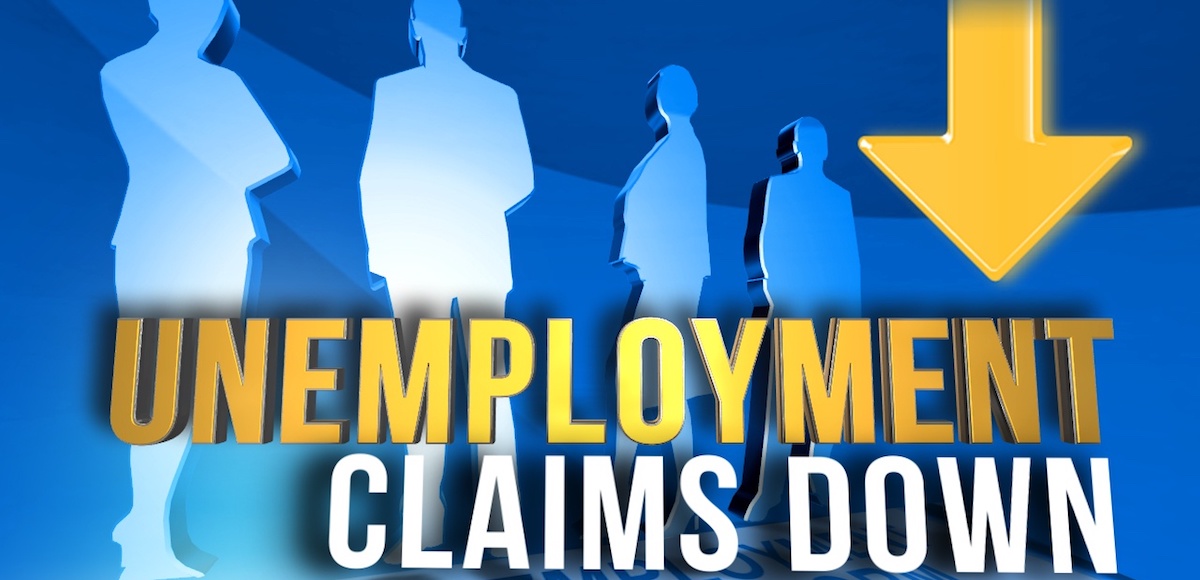

Weekly Jobless Claims Graphic. Number of Americans applying for first-time jobless benefits.
The Labor Department said first-time claims for unemployment benefits fell 2,000 to a seasonally adjusted 236,000 for the week ending December 2. The consensus was calling for 240,000 and the previous week was unrevised at 238,000.
The 4-week moving average was 241,500, a decrease of 750 from the previous week’s unrevised average of 242,250.
Claims taking procedures continue to be disrupted in the Virgin Islands.
Claims taking process in Puerto Rico has still not returned to normal.
Lagging continuing claim data were particularly positive. The advance seasonally adjusted insured unemployment rate was 1.4% for the week ending November 25, unchanged from the near historic low rate. The advance number for seasonally adjusted insured unemployment during the week ending November 25 was 1,908,000, a decrease of 52,000 from the previous week’s revised level.
The previous week’s level was revised up 3,000 from 1,957,000 to 1,960,000. The 4-week moving average was 1,912,750, an increase of 1,000 from the previous week’s revised average. The previous week’s average was revised up by 750 from 1,911,000 to 1,911,750.
The highest insured unemployment rates in the week ending November 18 were in Alaska (3.4), Puerto Rico (3.2), the Virgin Islands (2.6), New Jersey (2.1), Connecticut (1.8), Montana (1.8), Massachusetts (1.7), Pennsylvania (1.7), Nevada (1.6), and Washington (1.6).
The largest increases in initial claims for the week ending November 25 were in Wisconsin (+3,098), Massachusetts (+1,857), Vermont (+530), Idaho (+382), and Nebraska (+371), while the largest decreases were in California (-15,058), Texas (-5,089), Missouri (-3,966), Puerto Rico (-3,866), and New York (-3,660).
The most damning journalistic sin committed by the media during the era of Russia collusion…
The first ecological study finds mask mandates were not effective at slowing the spread of…
On "What Are the Odds?" Monday, Robert Barnes and Rich Baris note how big tech…
On "What Are the Odds?" Monday, Robert Barnes and Rich Baris discuss why America First…
Personal income fell $1,516.6 billion (7.1%) in February, roughly the consensus forecast, while consumer spending…
Research finds those previously infected by or vaccinated against SARS-CoV-2 are not at risk of…
This website uses cookies.